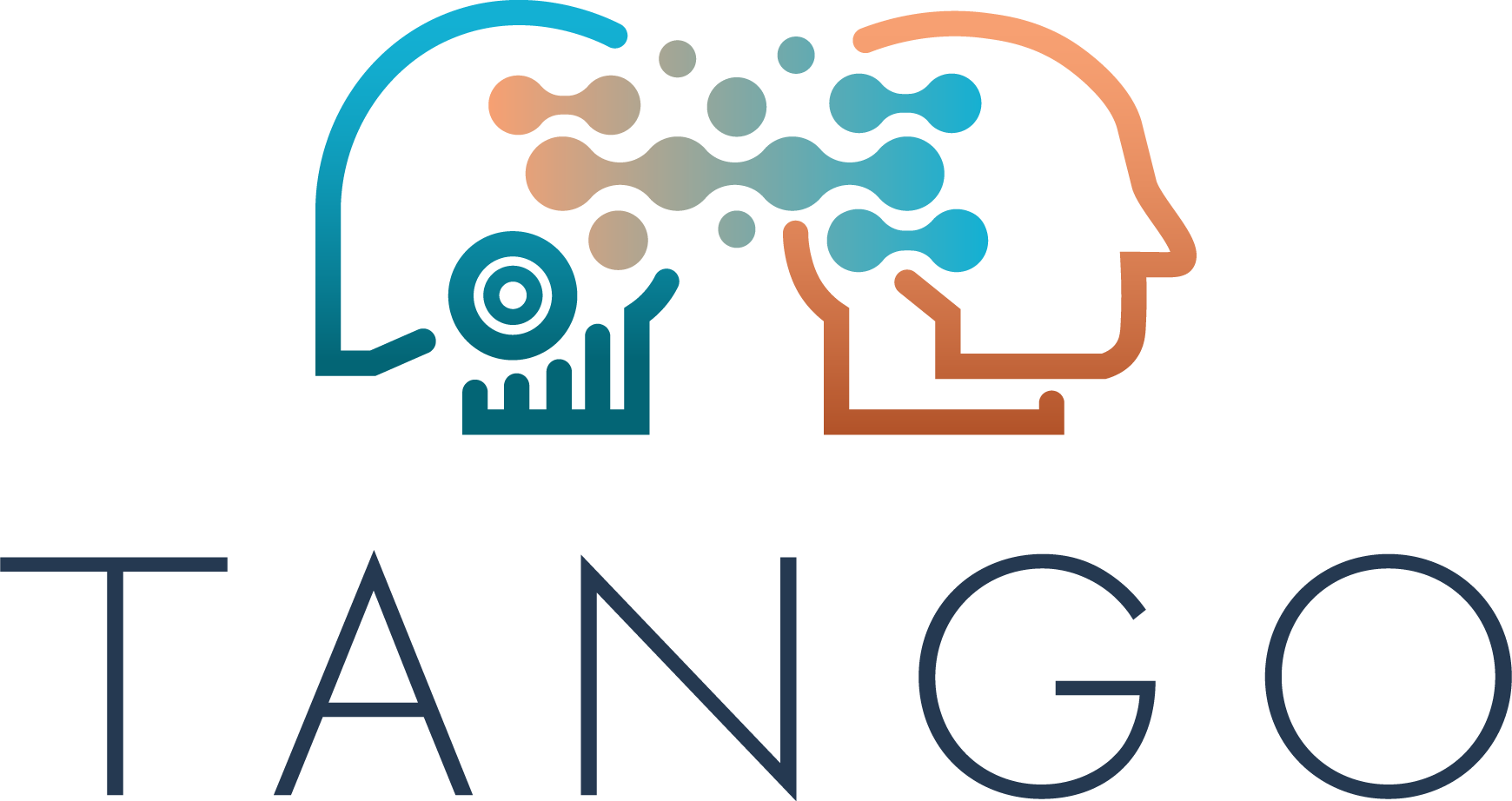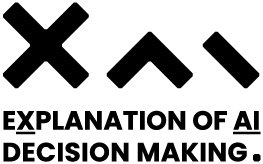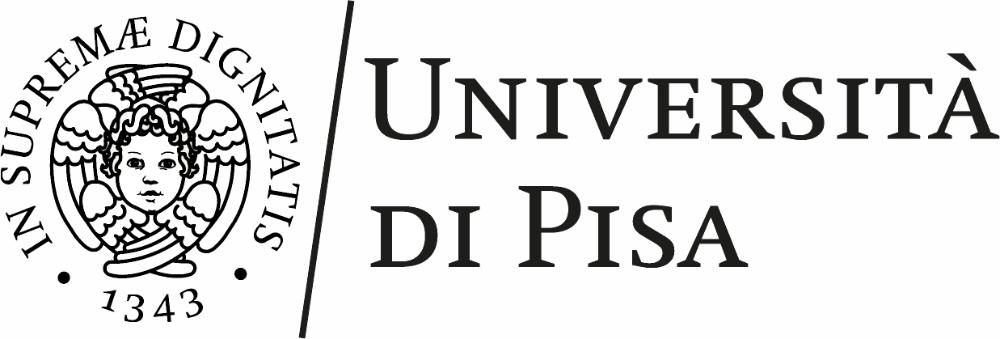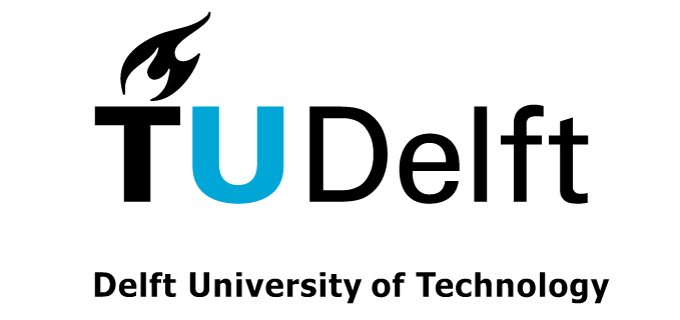Workshop Chairs

Andrea Passerini
Associate Professor at the Department of Information Engineering and Computer Science (DISI) of the University of Trento and Adjunct Professor at Aalborg University. He is director of the Structured Machine Learning Group and coordinator of the Research Program on Deep and Structured Machine Learning, both at DISI. His research interests include structured machine learning, neuro-symbolic integration, explainable and interactive machine learning, preference elicitation and learning with constraints. He co-authored over 140 refereed papers, and he regularly publishes at top ML and AI conferences and journals like NeurIPS, ICLR, ECMLPKDD, IJCAI, AAAI, MLJ, AIJ and DAMI. He co-organized ECMLPKDD in 2016, AIxIA in 2018, PAIS in 2022 and several workshops and tutorials at top machine learning and AI conferences.
See Andrea's Webpage
Burcu Sayin
Postdoctoral Researcher at the Department of Information Engineering and Computer Science (DISI) of the University of Trento. Her research interests include hybrid human-machine intelligence, natural language processing, trustworthy AI, cost-sensitive machine learning, and active learning. She serves as a reviewer for top ML and AI conferences like ICML, AAAI, ACL, ECAI, and The WebConf. She contributed to organizational roles in international conferences and workshops, such as HCOMP 2023, CI 2023, and ECMLPKDD 2023. She co-organized the first and second edition of HLDM workshop.
See Burcu's Webpage
Anna Monreale
Associate Professor at the Department of Computer Science of the University of Pisa and an Adjunct Professor at the Faculty of Computer Science of the Dalhousie University. She is vice-coordinator of the National PhD in Artificial Intelligence for the Society of the University of Pisa. Her research interests include Big Data Analytics, Artificial Intelligence, Privacy-by-Design in big data and AI, and Explainable AI. She co-authored over 140 refereed papers published at top ML and AI conferences and journals like ECMLPKDD, SIGKDD, AAAI, DAMI, Artificial Intelligence, and Intelligent Systems. She co-organized several workshops and tutorials at top machine learning and AI conferences.
See Anna's WebpageCatholijn Jonker
Professor in Artificial Intelligence at TU Delft and Leiden University. She is president of ICT Platform of the Netherlands, board member of the Centre for Bold Cities, principal investigator of the Amsterdam Institute of Advanced Metropolitan Solutions (AMS), and vice-coordinator of the Hybrid Intelligence Centre. She is a member of the Royal Holland Society of Sciences and Humanities, a Fellow of EurAI, and member of the Academia Europaea. She is a co-founding member of the Netherlands Academy of Engineers. She served as board member and president of IFAAMAS, and has been programme chair and general chair of the AAMAS conference. Her research expertise is on hybrid intelligence, decision support systems and multi-agent systems.
See Catholijn's Webpage
Jie Yang
Assistant professor in the Web Information Systems (WIS) group at TU Delft. He co-leads the Kappa research line on Crowd Computing \& Human-Centered AI and manage the GENIUS lab that researches Generative AI development and usage in large organizations. He develops human-centered computing for trustworthy machine learning, especially for natural language processing. His research contributes a new set of human-in-the-loop methods and tools that leverage human conceptual and perceptual abilities for understanding machine decisions and for guiding the decisions to better align with human values. With such efforts, his utmost goal is to transform machine learning into an engineering discipline that gives humans full control of AI such that it can be reliably and safely used in various contexts.
See Jie's Webpage






